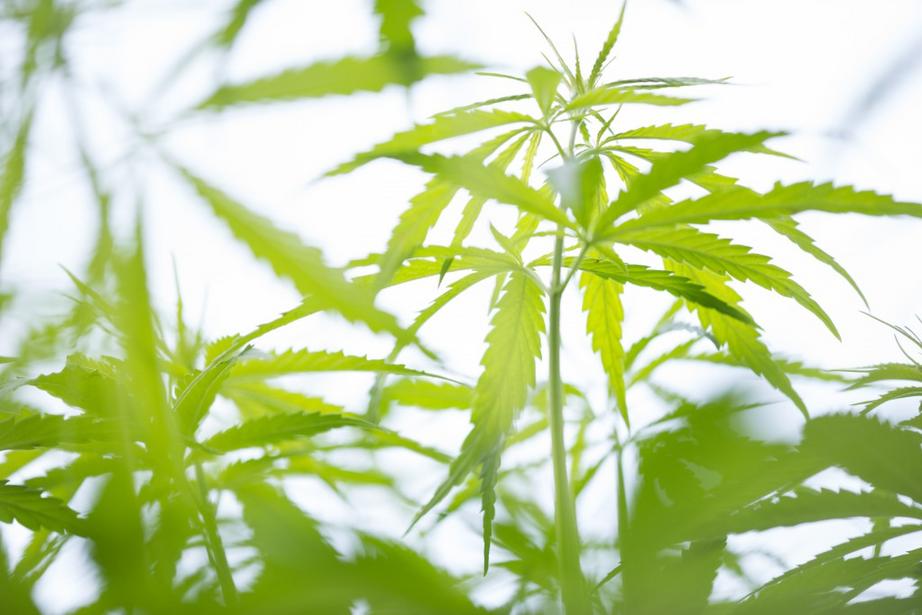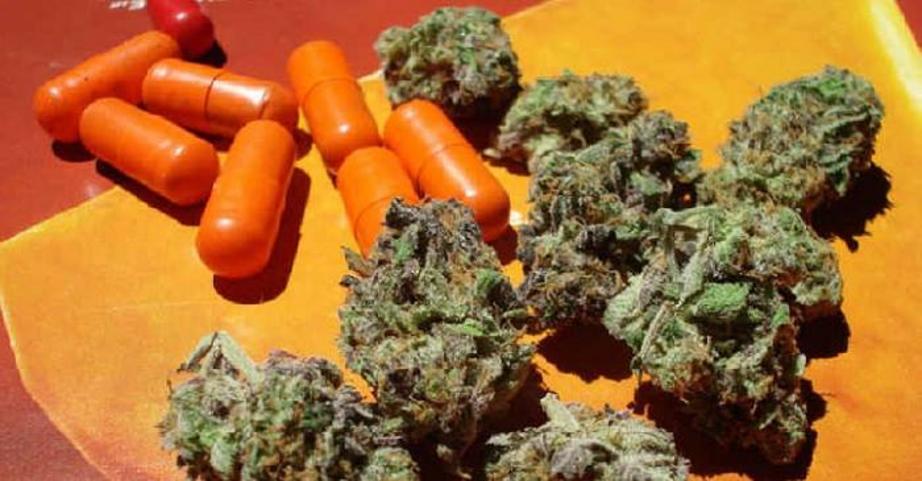DEA approves synthetic marijuana for company that spent $500K to keep weed illegal
Lobbying in the nation’s capitol is a billion dollar industry, but sometimes, companies dip their toes into state and local politics, as well. When giant corporations want to influence bills and national elections, they generally spread their money around, cozying up to a number of politicians and shaking hands with numerous government officials. However, at the local level, high-dollar financing is a bit more transparent.
Insys Therapeutics is a small player on the national scale. The Center for Responsive Politics reported that they spent only $120,000 lobbying in D.C. in 2016. But in Arizona, where the company is based, they forked over $500,000 — and they did it to keep marijuana illegal in the traditionally Republican state.

Last September, the Washington Post first reported the large donation, which was “one of the largest single contributions to any anti-legalization campaign ever.” Insys’ money was given to Arizonans for Responsible Drug Policy, a localized political action committee that opposed the state’s ballot measure to legalize cannabis in 2016. That measure was ultimately defeated, and now the group is fighting the Arizona Marijuana Legalization Initiative, a bill that could hit Arizona ballot boxes on November 8, 2018.
According to the full text of the bill, acquired by Anti-Media via ballotpedia.org, the application was filed at the beginning of March. It states that “marijuana and cannabis have been used safely for thousands of years for recreational, medical, religious and industrial purposes.” The bill also cited a study funded in part by the National Highway Traffic Safety Administration that “did not show a significant increase in levels of crash risk associated with the presence of drugs.”

The bill proposes a number of changes that would essentially legalize marijuana. These include:
“There shall be no limit on the number of cannabis plants in a personal grow that are not yet in a state of florescence.”
“All persons at least twenty-one years of age are authorized to maintain a home garden provided the person obtains a transaction privilege tax license.”
“Commercial grows, home gardens and cannabis sales are not authorized within 1,000 feet of a school.”
According to the Washington Post, Insys has “developed a drug based on a synthetic ingredient, THC. Called Syndros, the drug was approved by the Food and Drug Administration in July for treatment of AIDS and cancer patients’ symptoms.”

Insys was just given preliminary approval for Syndros from the Drug Enforcement Agency (DEA) this week.
However, Insys has a shady history as a big pharmaceutical company, as they manufacture Subsys fentanyl, a deadly painkiller. An NBC report found that as of 2015, Insys had enjoyed sales of $147.2 million for their high-risk drug. They also came under investigation for the aggressive manner in which they were marketing and selling their drug. The NBC study quoted the Oregon assistant attorney general, who stated, “I’ve been investigating drug cases for about 15 years now, and the conduct that we saw in this case was among the most unconscionable that I’ve seen.”
For Insys, the fight against marijuana legalization has been long and arduous. In 2011, they retained the lobbying firm Hyman, Phelps & Mcnamara to nudge the DEA against legalization. In a statement to the Post, the company claimed they oppose marijuana legalization because “marijuana’s safety hasn’t been demonstrated through the federal regulatory process.”
Safer Arizona, the group fighting for legalization, features the tagline, “We don’t have a drug problem, we have a political problem,” on their website. Marijuana legalization in Arizona would be a huge step for nationwide legalization, as the state is seen as a stronghold of traditional American values. However, if big pharma continues to bankroll the opposition, the political action groups fighting against legalization will have more money to fund campaigns for local politicians who share their sympathies.

